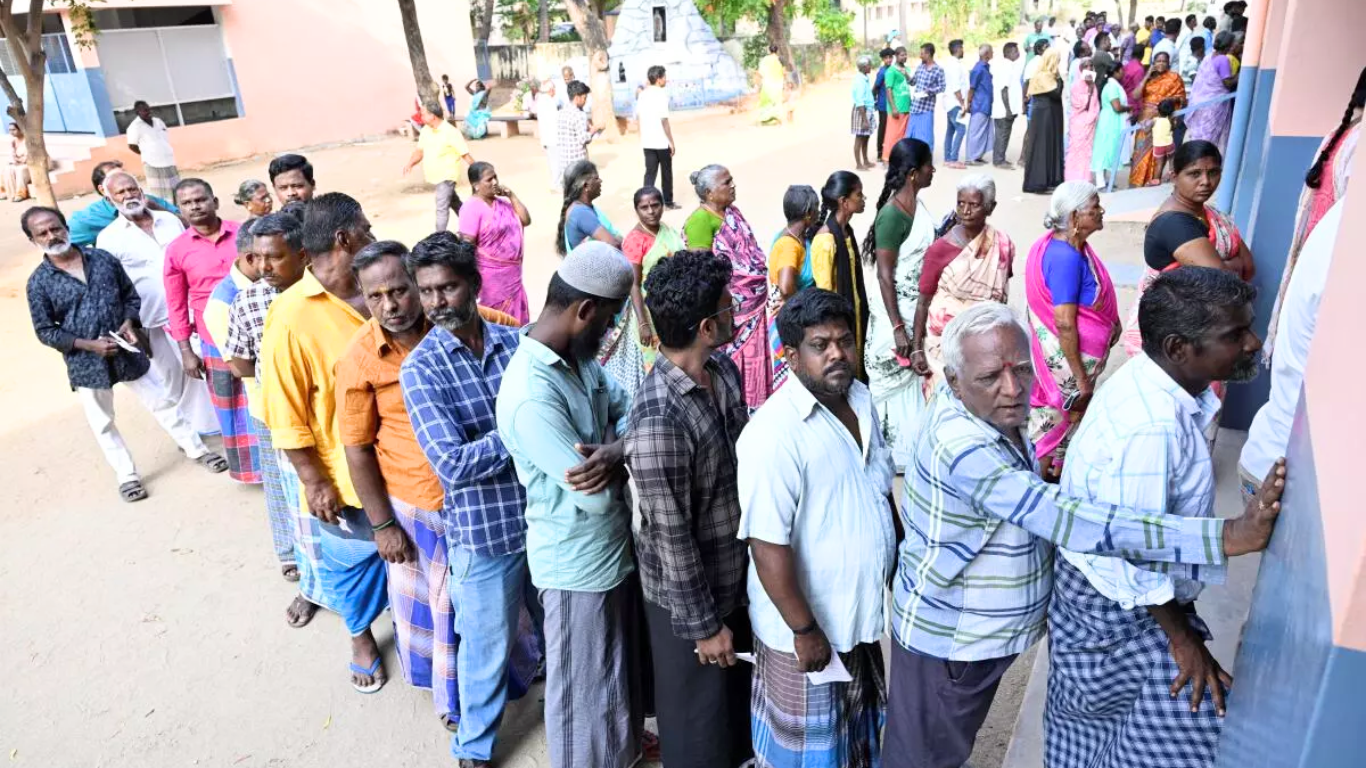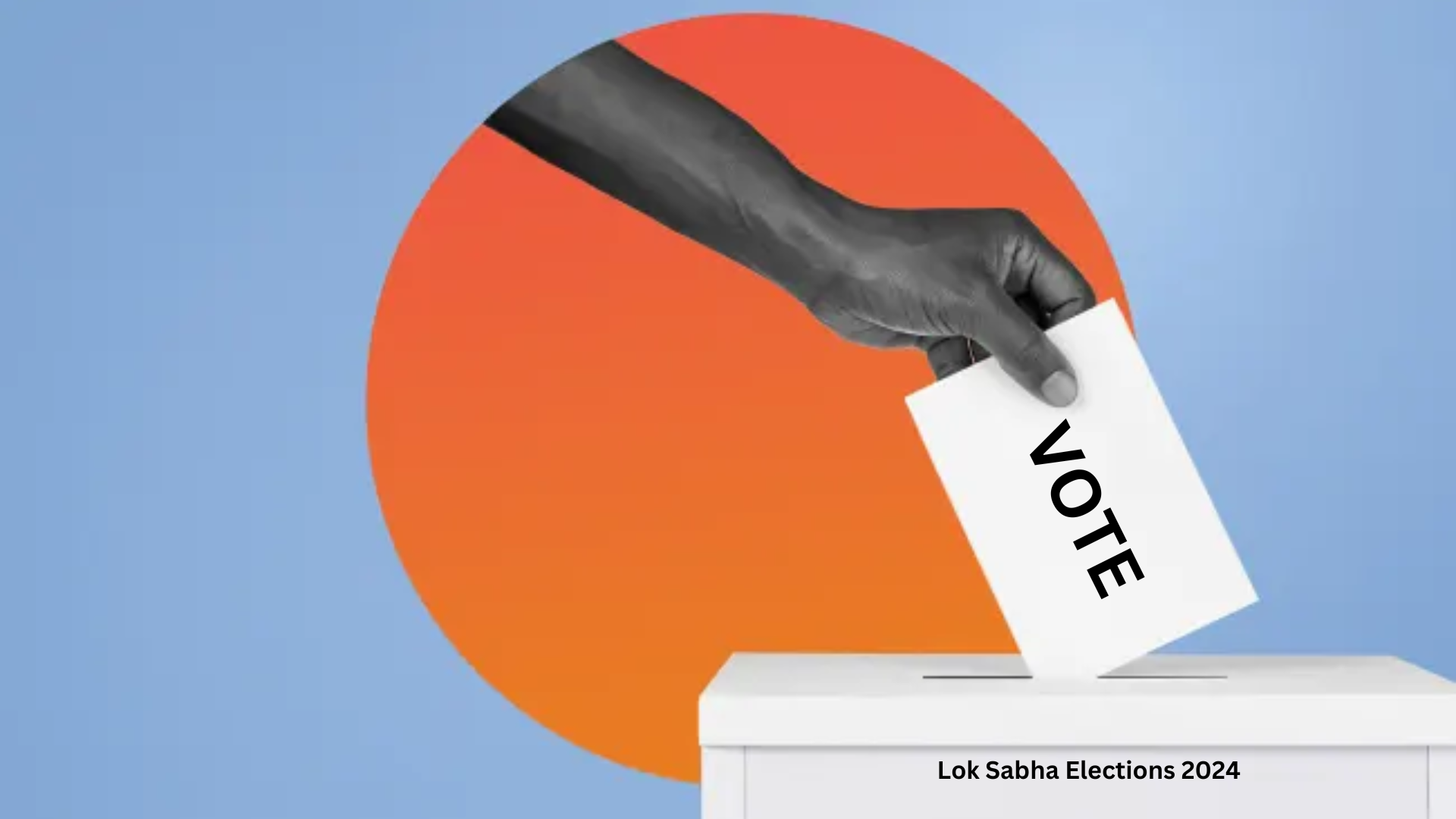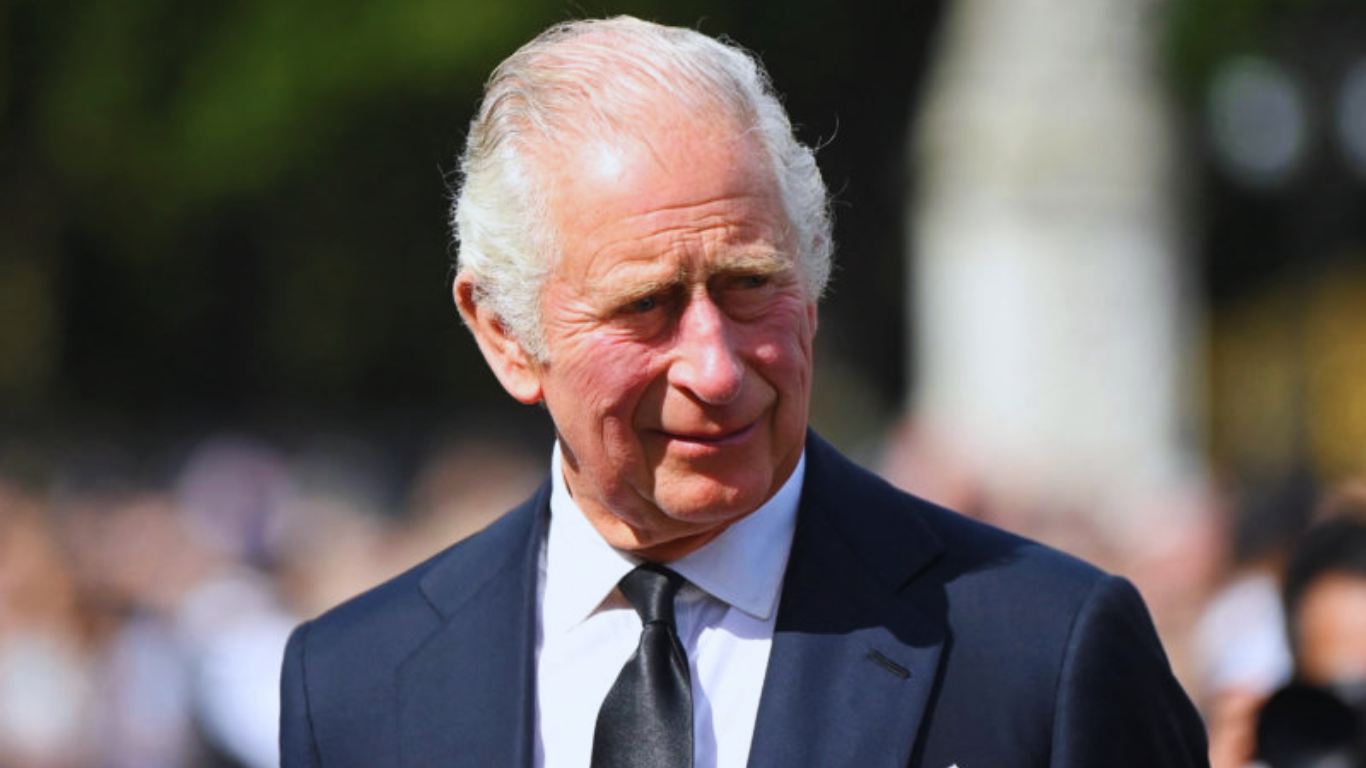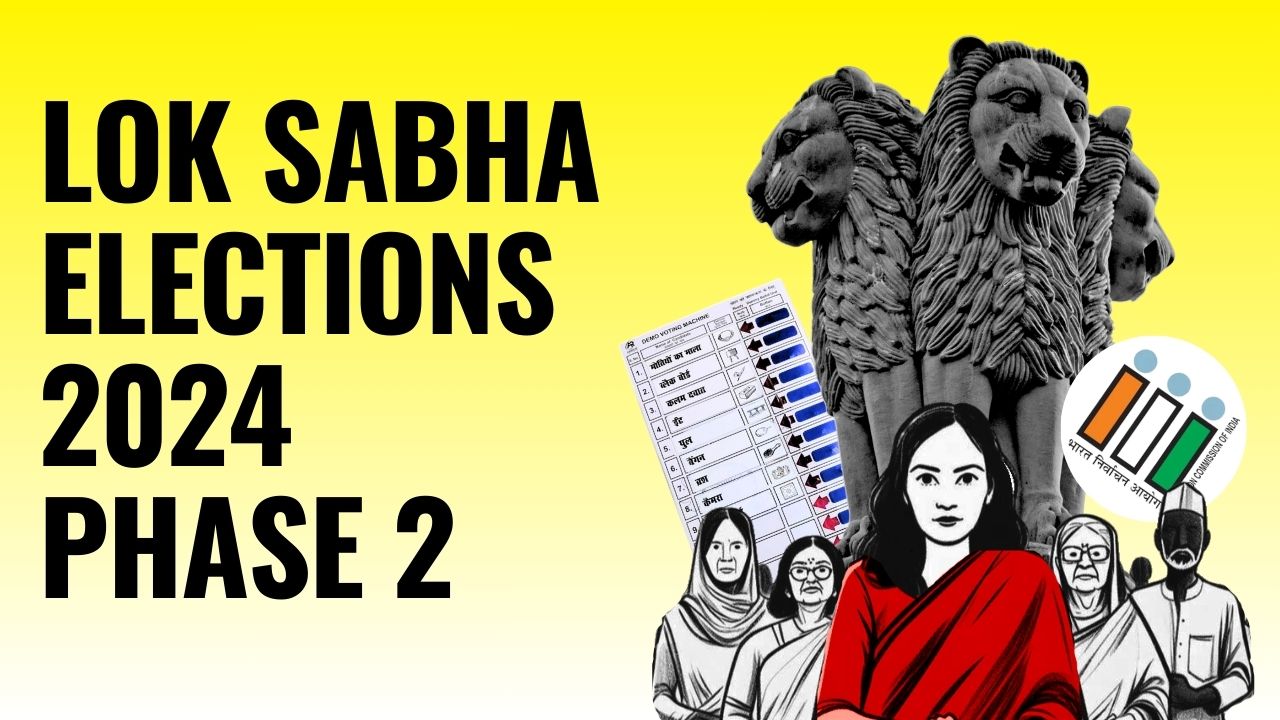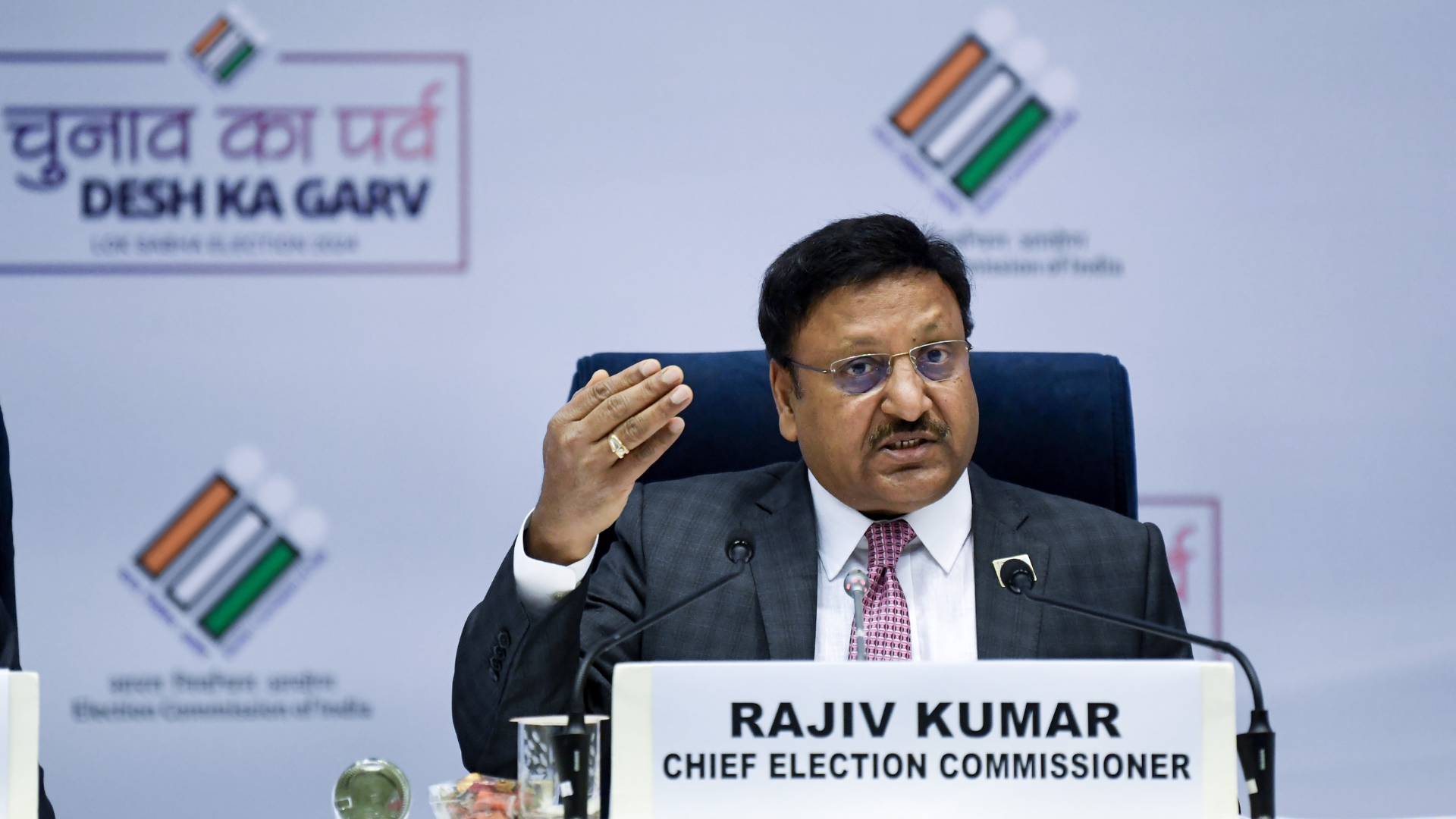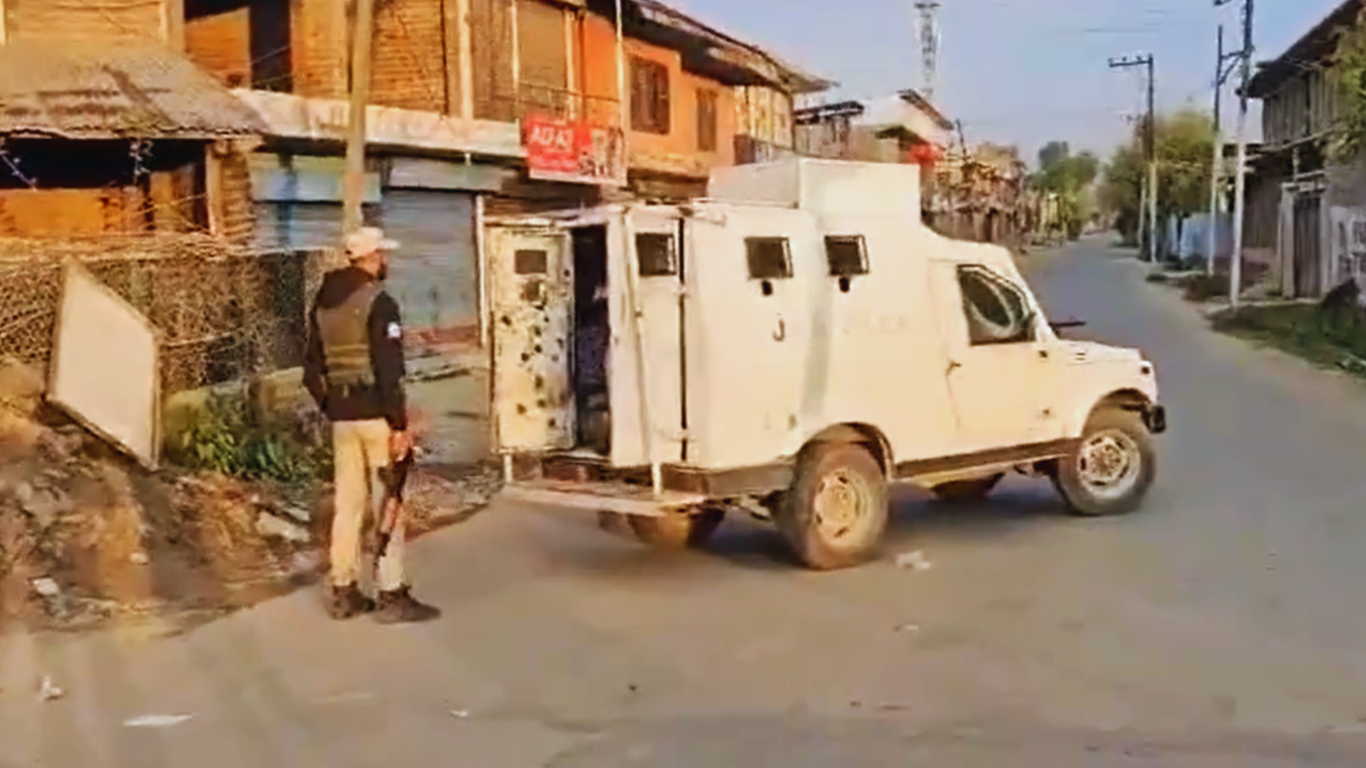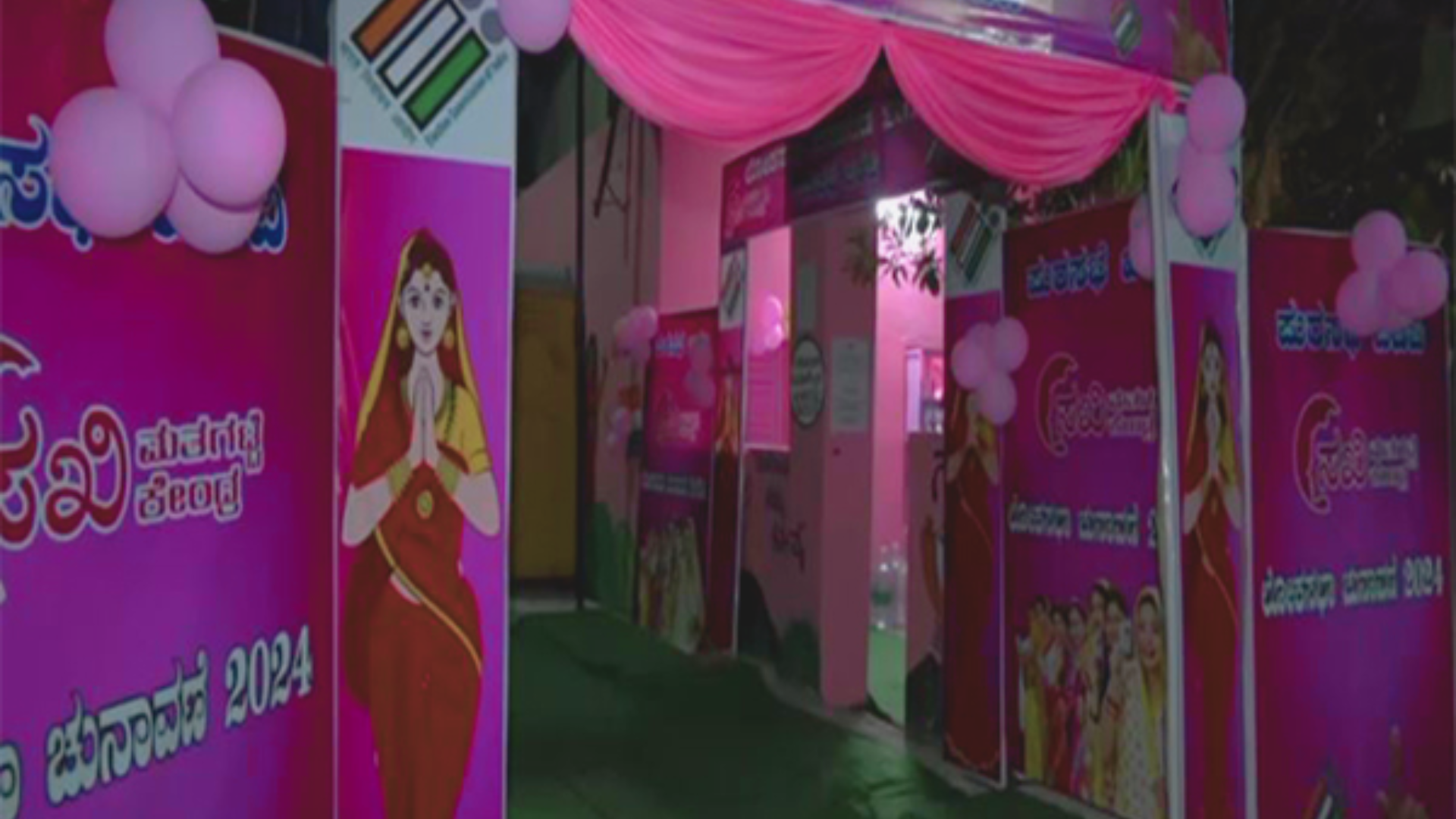


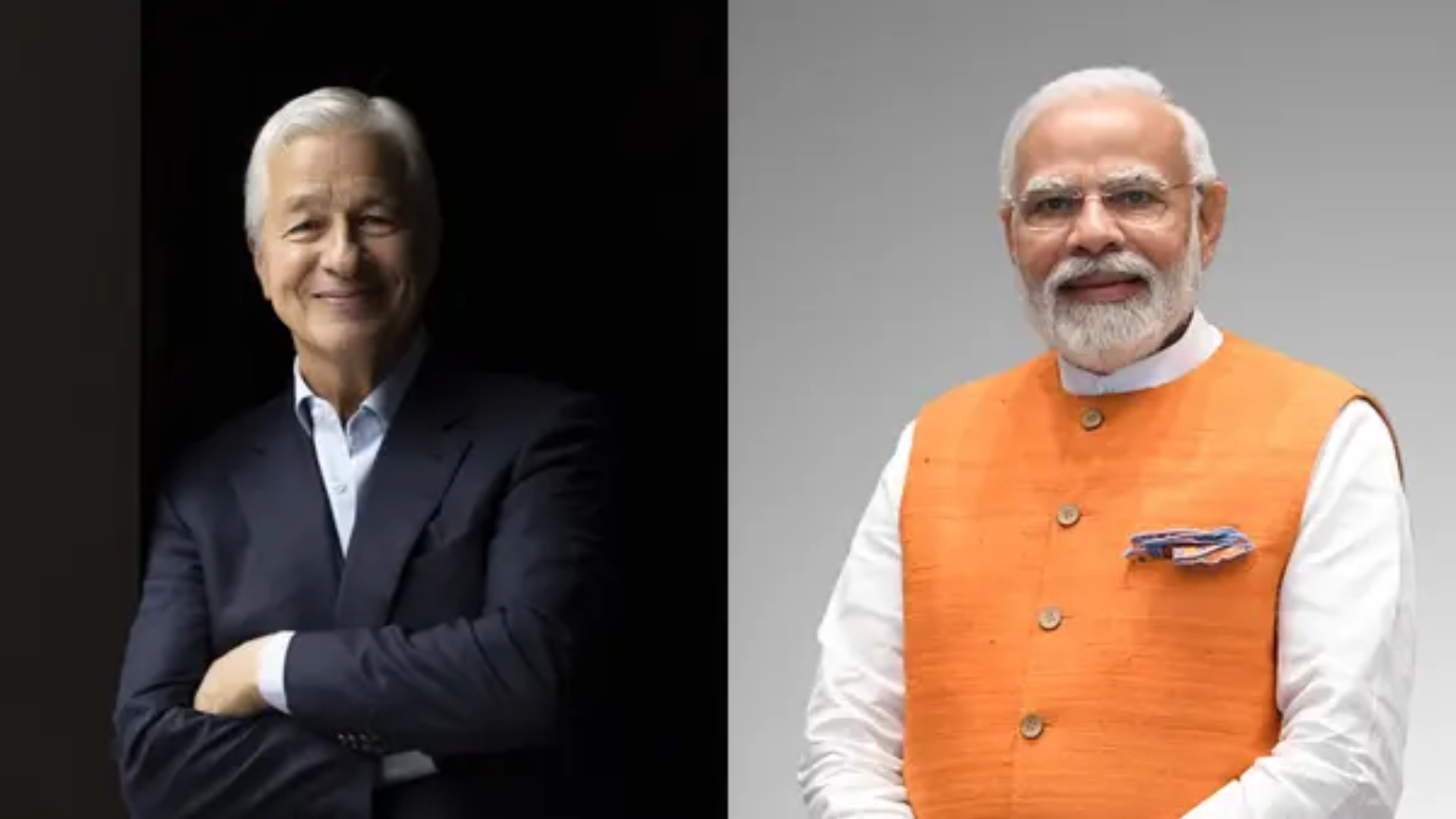

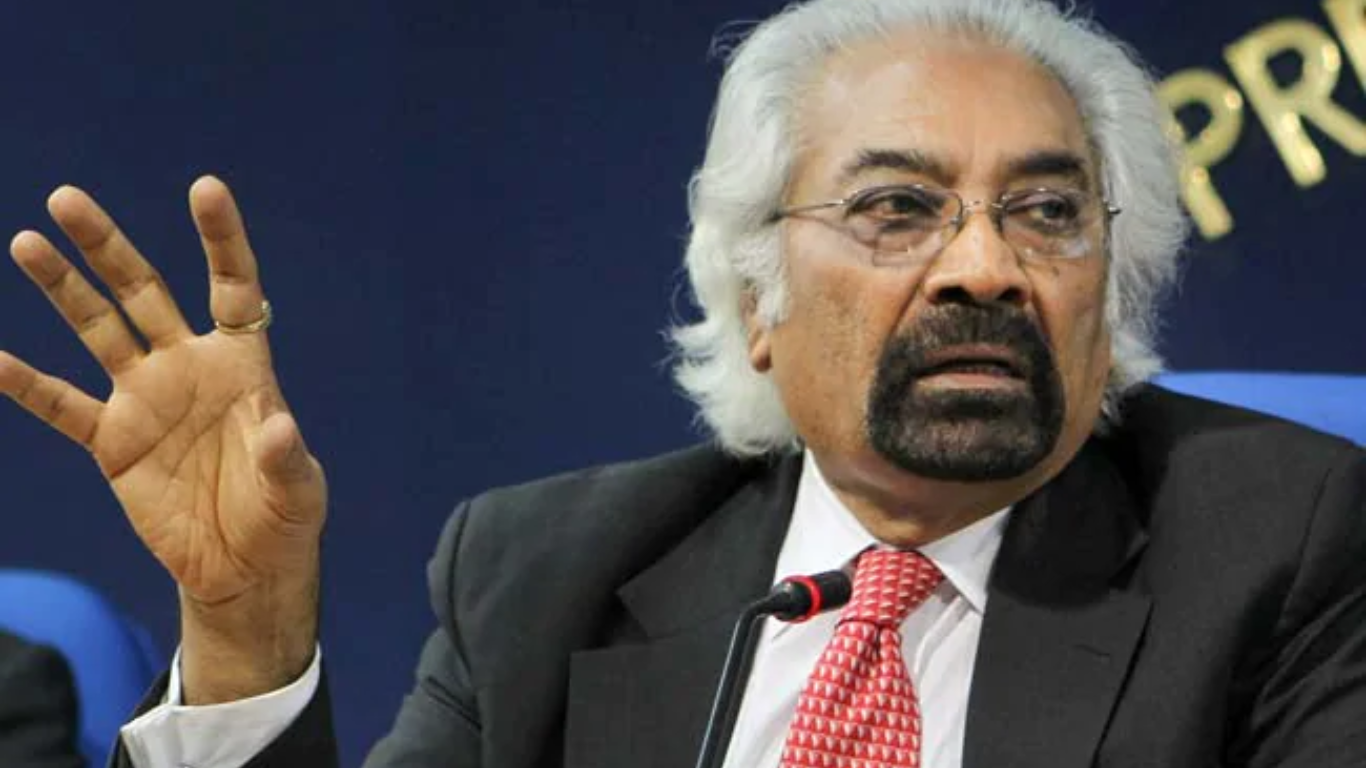

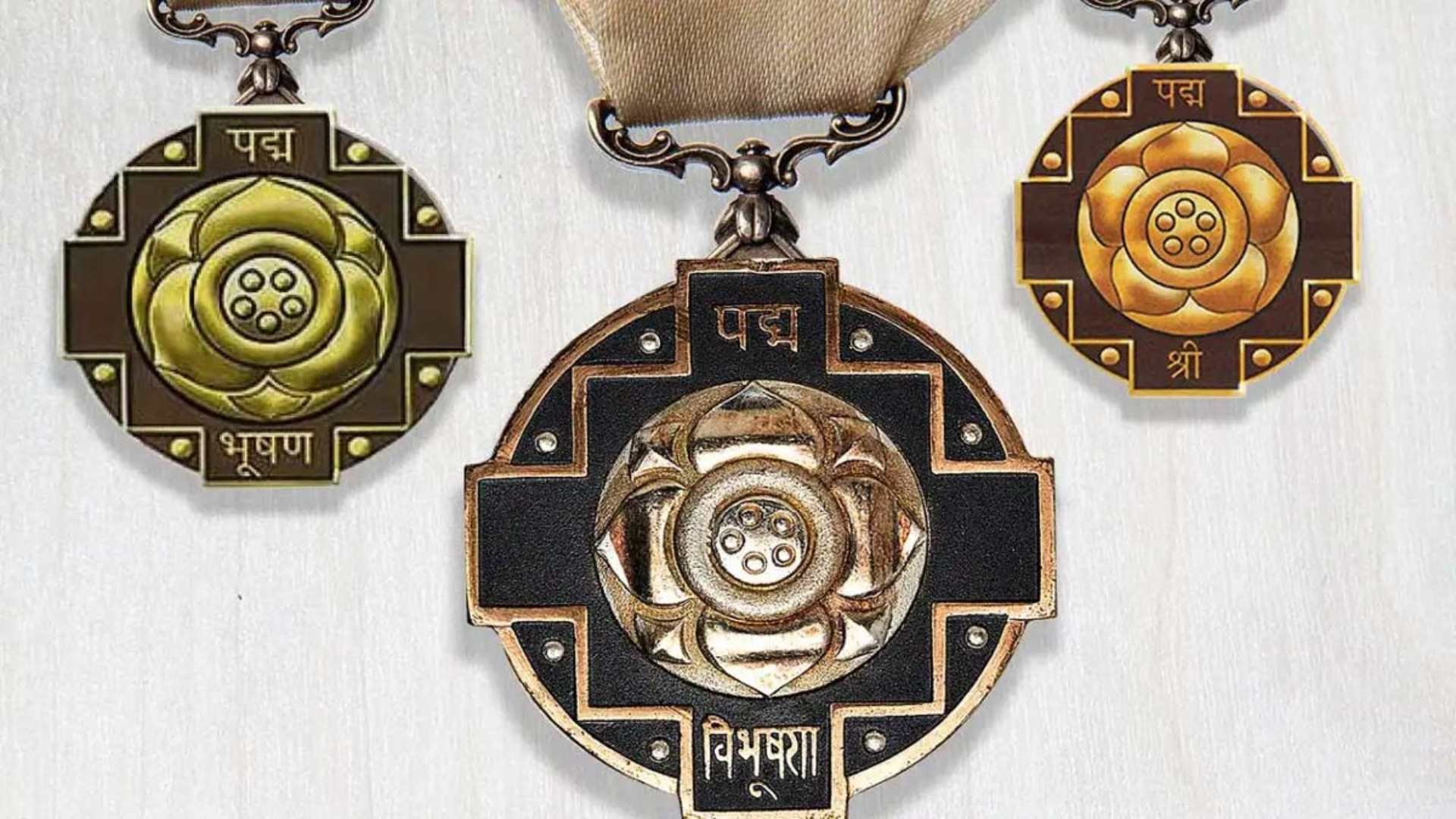
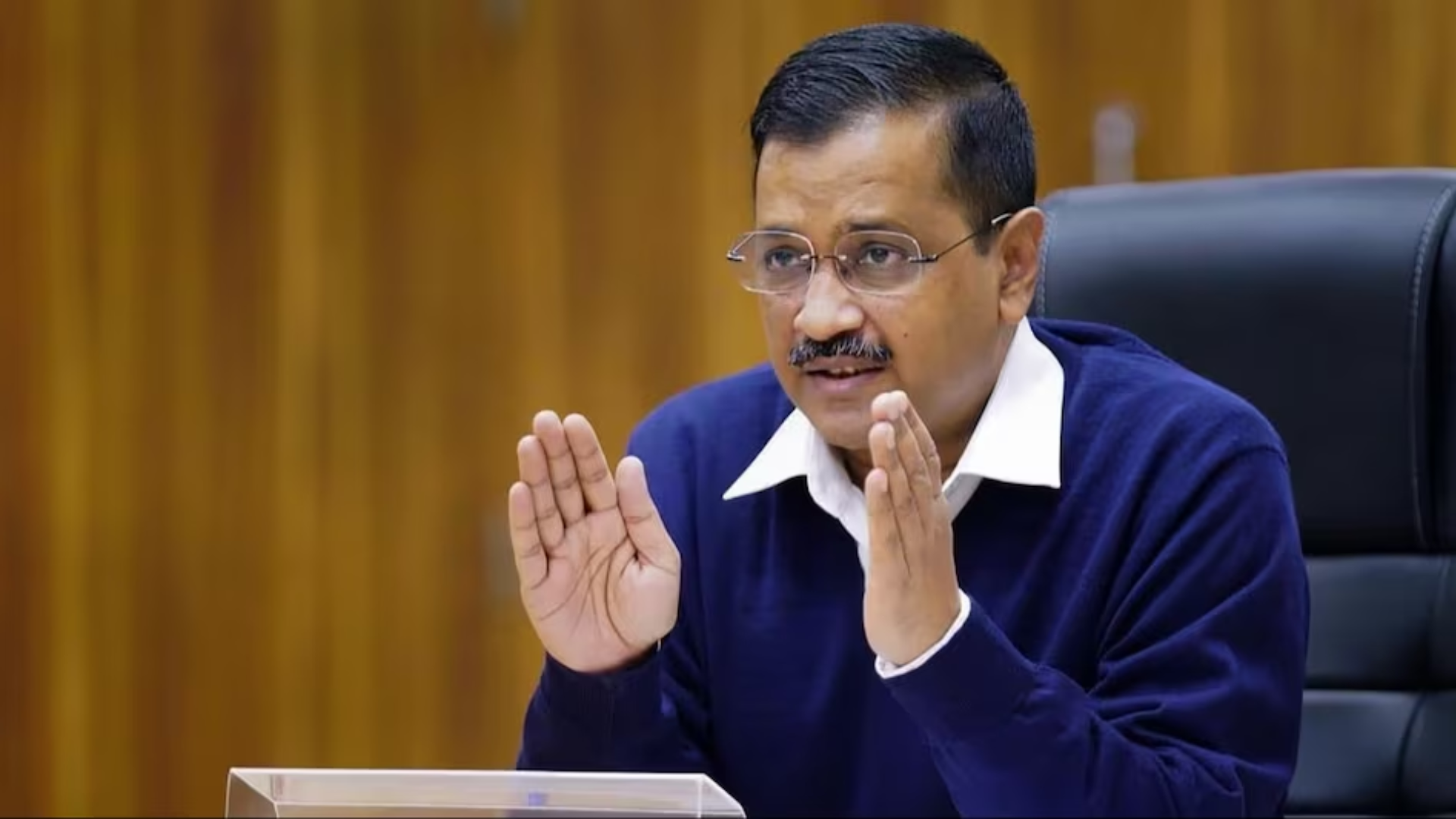

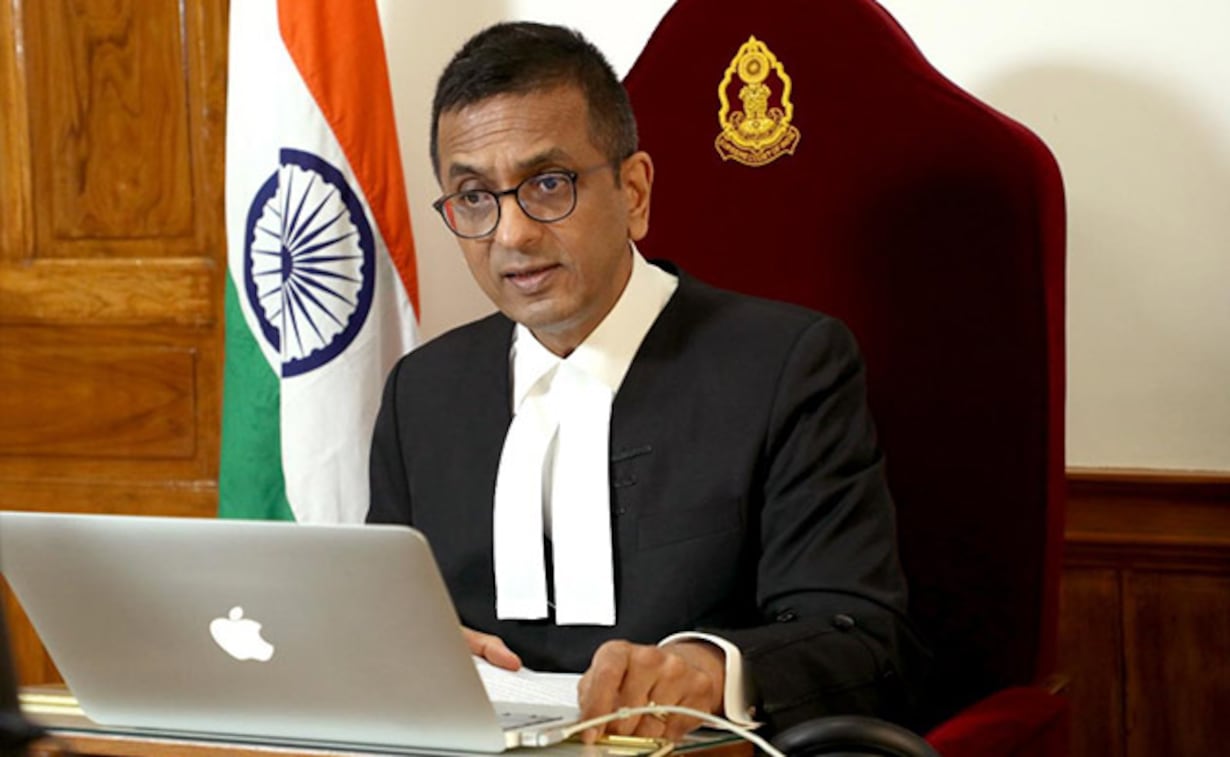
The President appointed Justice DY Chandrachud, Judge, Supreme Court, as Chief Justice of India with effect from November 9, 2022, in exercise of the power conferred by the Indian Constitution, tweeted Union Law Minister Kiren Rijiju.
The formal inauguration of Justice DY Chandrachud as Chief Justice of India will take place on November 9, 2022. “In exercise of the power conferred by the Constitution of India, Hon’ble President appoints Justice DY Chandrachud, Judge, Supreme Court as the Chief Justice of India with effect from 9th November, 22,” tweeted Rijiju.
Justice Chandrachud will succeed Justice U U Lalit. Justice Chandrachud will become the 50th CJI and assume office on November 9. Once appointed he will have a tenure till November 10, 2024.
Justice Chandrachud is the second most senior judge of the Supreme Court. Justice Chandrachud’s father Justice YV Chandrachud was the 16th Chief Justice of India serving from February 2, 1978, to July 11, 1985.
Justice Chandrachud, born on November 11, 1959, was appointed judge of the Supreme Court on May 13, 2016. He was the Chief Justice of the Allahabad High Court from October 31, 2013, until his appointment to the Supreme Court. Justice Chandrachud was the judge of the Bombay High Court from March 29, 2000, until appointment as Chief Justice of the Allahabad High Court.
He had also served as Additional Solicitor General of India from 1998 until his appointment as a judge in the Bombay High Court. He was designated as a senior advocate by the Bombay High Court in June 1998.
In Justice K.S. Puttaswamy v Union of India, Chandrachud J ruled as the sole dissenter that Aadhaar was passed unconstitutionally as a Money Bill. He also considered arguments on specific Act provisions affecting an individual’s privacy, dignity, and autonomy.
In Navtej Johar v Union of India, Chandrachud J wrote a separate concurring opinion that decriminalised section 377 of the Indian Penal Code and legalised same-sex intercourse. Section 377, he argued, was a “anachronistic colonial law” that violated fundamental rights to equality, freedom of expression, life, and privacy. He added that this was only the first step toward ensuring LGBT people’s constitutional rights.
In Shafin Jahan v. Ashokan K.M., he wrote a concurring opinion in which Hadiya’s religion and marriage partner were upheld. Hadiya converted to Islam and married the petitioner Shafin Jahan, after which her parents claimed she had been brainwashed. Justice Chandrachud reaffirmed that an adult’s right to make marriage or religious decisions falls within her zone of privacy.
Chandrachud J ruled in Indian Young Lawyers Association v State of Kerala that the exclusion of women aged 10 to 50 from Sabarimala Temple violated constitutional morality. He went on to say that it undermined their autonomy, liberty, and dignity. He was the first to argue that the custom violated Article 17, which prohibits untouchability, because it assigns a sense of impurity to women.
In Romila Thapar v Union of India, Chandrachud J dissented from the arrest of five human rights activists for allegedly inciting violence at Bhima Koregaon and participating in a criminal conspiracy against Prime Minister Narendra Modi. The question, he said, was whether the arrests violated the accused’s fundamental rights to free expression and personal liberty, as guaranteed by Articles 19 and 21 of the Constitution. He proposed that a Special Investigation Team look into the activists’ arrest.
Chandrachud J held in his concurring opinion in Government of NCT of Delhi v Union of India that the Lieutenant Governor is not the executive head of Delhi. Because representative democracy is an essential feature of the executive, the Chief Minister and Council of Ministers must lead it. He claimed that under the Constitution, the Lieutenant Governor is bound by the Chief Minister’s advice and has no independent power.


